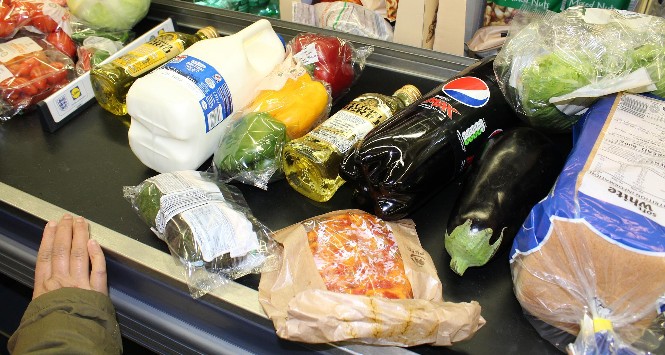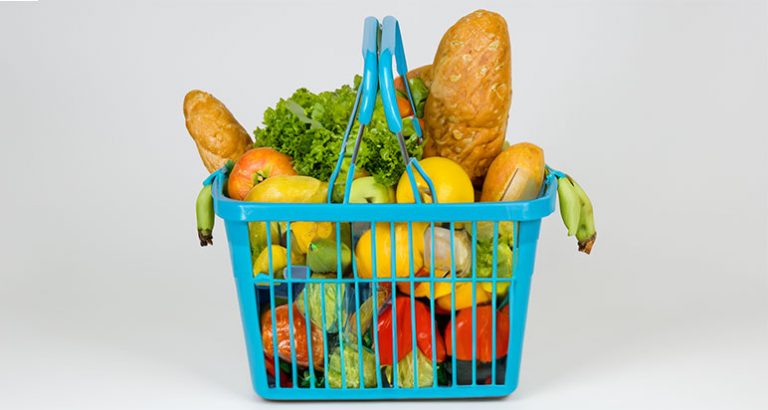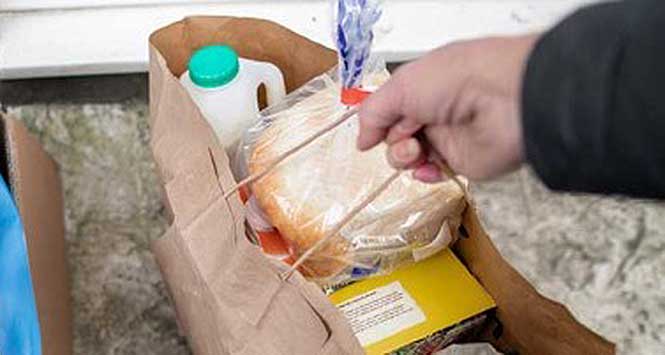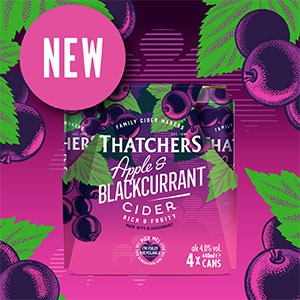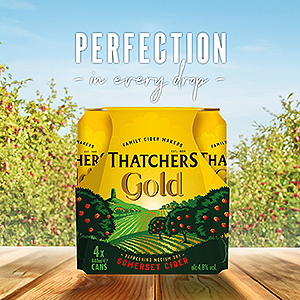The rate of grocery price inflation has fallen for the first time in nearly two years, with four-week inflation now standing at 14.6%, according to new data from Kantar.
The figures show take-home grocery sales have increased by 5.9% year-on-year in the 12 weeks to 27 November, the fastest level of growth since March 2021.
Kantar predicts that the combination of inflation and festive spending means that the coming month is on course to be the biggest for take-home grocery sales, which are set to go above the £12bn mark for the first time. In addition, Kantar forecasts that Friday 23 December will be the busiest day for pre-Christmas shopping.
Fraser McKevitt, Head of Retail and Consumer Insight, Worldpanel Division UK, said: “Grocery inflation still has a long way to come down though and based on the current rate, shoppers will have to spend an extra £60 in December to buy the same items as last year. The cost of a traditional Christmas dinner for four has hit £31 in 2022, an example of just how much rising prices are impacting people at the tills and in their daily lives.”
McKevitt added: “Consumers are leaving their seasonal purchases later this year as they try to manage budgets in the run-up to Christmas Day. Sales of mince pies, Christmas puddings and Christmas confectionery are worth 2% more than last year, but this rise can largely be put down to higher prices. If we look at the amount of people buying these items and the overall number of purchases made, then sales are actually down on 2021.”
Kantar reports seeing more evidence of the coping strategies shoppers are adopting to mitigate rising costs, in particular, own label sales are growing at pace, now up 11.7% year-on-year. The cheapest value own label lines have soared by 46.3%, but people still want to find room for treats at this time of year and this is driving growth at the other end of the spectrum. Premium own label sales are up by 6.1% to £461m in November.
In addition, the data reveals that the number of times people visited the supermarkets hit a new high this period. Households went grocery shopping more than 48 times in the 12 weeks to 27 November, that’s the highest frequency recorded since April 2020.
Meanwhile, Kantar reports that the excitement around England’s performance and Wales’ first cup showing in 64 years hasn’t translated into rapid sales rises at the supermarkets.
McKevitt said: “We haven’t seen a big World Cup effect – at least not yet. Take-home beer sales nudged up slightly in the last four weeks, covering the first week of the tournament, by 5% to £230m, but mostly due to increased prices. Many people are taking the chance to enjoy a social pint while watching the games in bars and pubs, whereas last year we were in the middle of a Covid resurgence so consumers were limiting their movements and going out less. We’re likely to be marking the impact of that comparison with higher at-home volumes one year ago. Crisp and snacks have fared better this winter, however, with sales up by 18%.”


